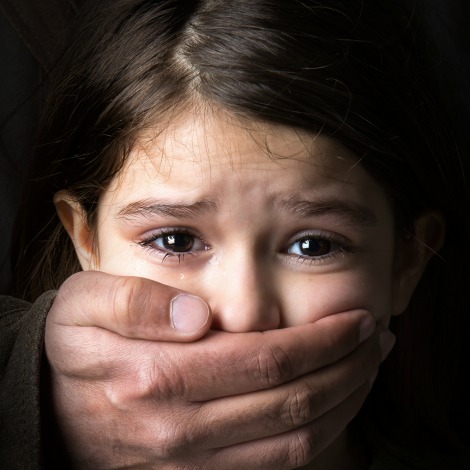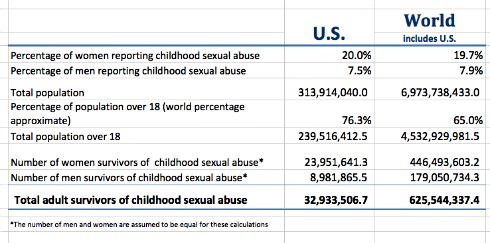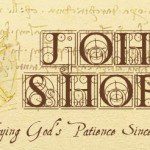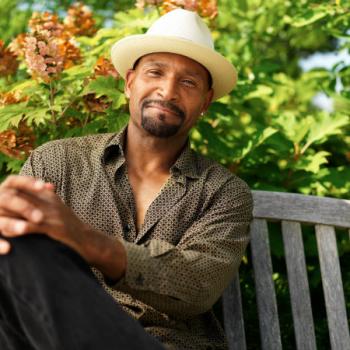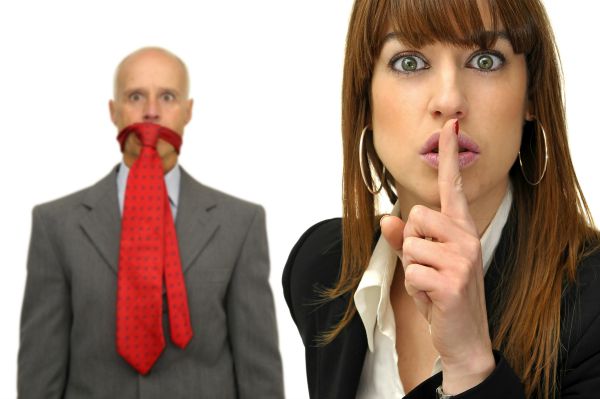Young people who are sexually abused by someone they love are through that trauma robbed of something essential that those never so betrayed keep intact with them throughout their lives: their ability to trust in themselves to know when they are safe and when they are not.
The lesson abused kids learn is that in their lives no safety zone exists. They live in a state of feeling constantly vulnerability. They never know who they can and can’t trust. They lack (they believe) the instincts others seem to have for anticipating from what direction harm is going to befall them.
The one thing that the poor victimized child learns right away is that life cannot be trusted. What they have imprinted on every fibre of their being is the certain knowledge that at any time, from any direction, and by any person, they can be obliterated. And when that inevitably happens to them there will not be, they believe, anything they can do to stop it, because (they believe) they lack an internal warning system.
They believe they are incapable of telling the difference between someone who loves and will protect them and someone who will harm them. And that, they believe, means that they cannot trust anybody.
What a horrendous burden to place on a kid.
But the great thing about kids is that they grow up. We all get to develop into people more equipped for life than any child can possibly be. Age and knowledge bring power. And chief amongst the powers granted the adult who was abused as a child is the ability to go back and really look at what happened to them. To see it not as the child they were but as the adult they are.
And what can they see in their past? They can see that what happened to them happened to them. That it absolutely wasn’t their fault. That it doesn’t mean they have to spend the rest of of their lives distrusting everyone, or fearful of becoming emotionally vulnerable. That it doesn’t mean they can’t trust themselves to know the difference between a good person and a bad person. That the love they felt for the person who took advantage of that love and ultimately used it as a weapon against them doesn’t mean anything but that the person who hurt them is a tragic, deeply tweaked human who is or was operating far outside the pale of everything that is healthy and good.
They can see that they were just innocent kids stuck in the wrong place at the wrong time. And that there’s no shame in that. And there’s no such damage done there that can’t be undone by simply calling it what it was: an adult or older person taking terrible advantage of a younger person who trusted and loved them.
They can see that it wasn’t about them. That it was never about them. That it was always only about the sickness in the heart and mind of the person who victimized them.
They can see, and they can learn, that what happened to them is not their baggage to carry. They can see that it’s not their burden.
They can see that they are perfectly free to once and for all put that weight down, and walk away from it.
One of the most onerous legacies left to the victim of sexual abuse is the feeling they’re alone in their pain: that only they know the shame and fear they do.
Below is a table I made based on data that I gleaned from two sources: a 2009 study published in Clinical Psychology Review that examined 65 studies from 22 countries, and a 1994 study published by Princeton University, Current Information on the Scope and Nature of Child Abuse.
If you are a victim of sexual abuse, you are hardly alone. As you can see from the table, you belong to a group that consists of at least 625,544,337 others.
You weren’t wrong; you have nothing to fear; and hundreds of millions of people share your experience.
You’re okay. You’re more than okay.
You’re righteous.
I’m the author of UNFAIR: Christians and the LGBT Question:
 Paperback. Kindle. NookBook. Signed and inscribed by me according to your direction.
Paperback. Kindle. NookBook. Signed and inscribed by me according to your direction.


